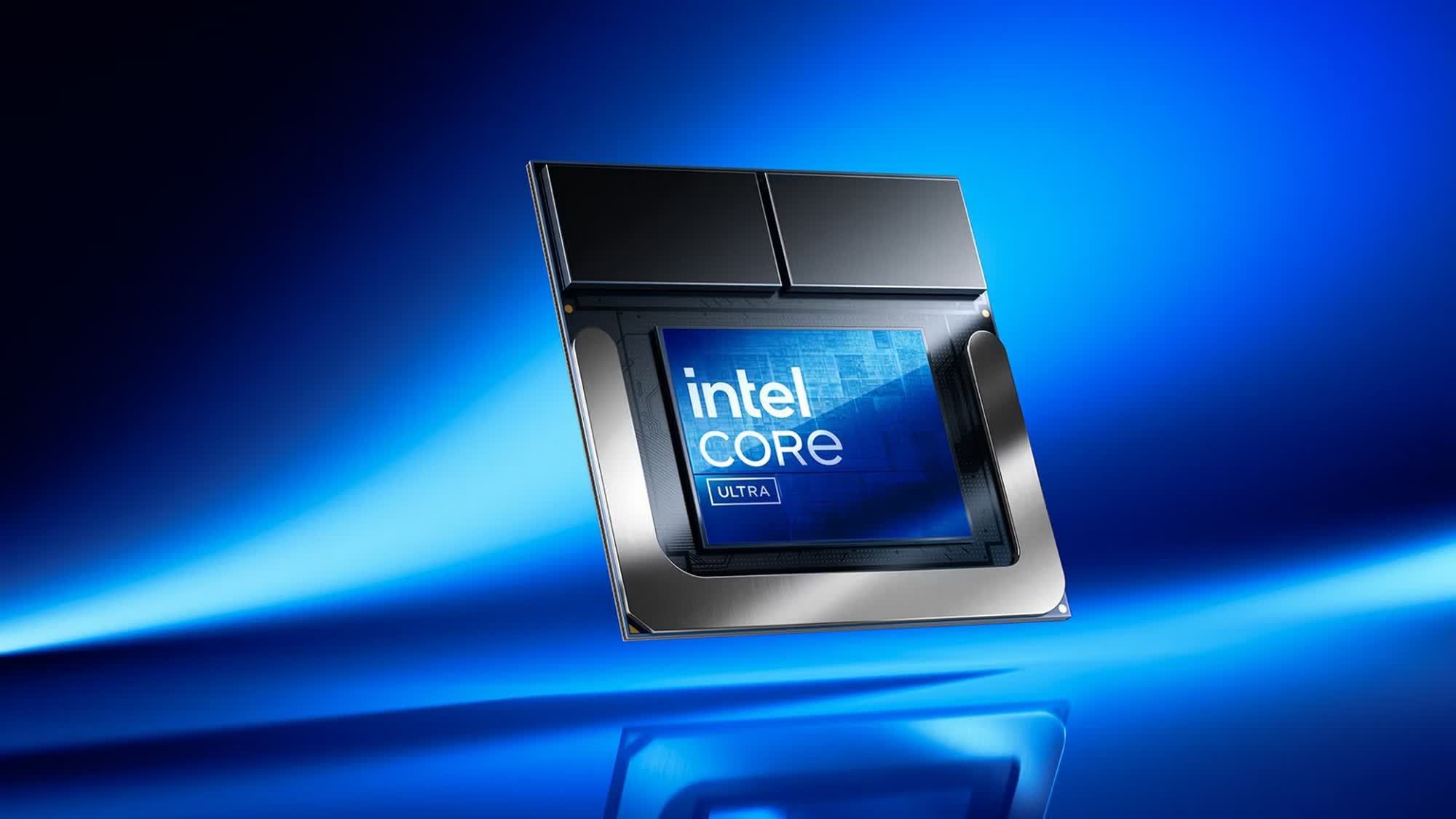Something to look forward to: Intel will launch brand new Arrow Lake-S desktop CPUs later this month. Ahead of its release, the flagship Core Ultra 9 285K has appeared on the PassMark benchmark website, providing insight into its single-threaded and multi-threaded performance.

The Core Ultra 9 285K achieved an impressive 5,268 points in PassMark's single-threaded benchmark, putting it ahead of competing processors like the Ryzen 9 9950X and the Apple M3 Max. While the AMD chip managed 4,739 points in the same benchmark, the M3 notched up 4,777 points. The Intel's flagship score also handily beat the 4,869 points achieved by the Intel Core i9-14900K.
Despite the impressive single-threaded performance, the Core Ultra 9 285K's multi-threaded results leave much to be desired. In this test, it managed only 46,872 points, significantly lower than the 66,702 points scored by the Ryzen 9 9950X. In fact, the 285K also fell short of the Core i9-14900K, which managed to achieve 60,305 points in the same benchmark.
New single thread CPU performance leader. #Intel Core Ultra 9 285K
– PassMark Software (@PassMarkInc) October 5, 2024
(note that this might be an pre-release engineering sample, but results are looking good) pic.twitter.com/yqLECdl9XE
Arrow Lake's new CPU core architecture is believed to be one of the main reasons for the 285K's stellar single-core performance. The lack of hyper-threading has also helped boost performance by allowing for more efficient single-thread execution. Ironically, the absence of hyper-threading is also a key factor behind its underwhelming multi-threaded performance.
It is worth noting that the tested CPU is likely a pre-release engineering sample, meaning it has not undergone the same level of fine-tuning and optimization that the retail SKUs will receive before hitting store shelves later this month.
The massive single-threaded score bodes well for gamers, while the underwhelming multi-threaded performance might disappoint users with workstation-type tasks like rendering, encoding, video editing, big data processing, among others.
As a refresher, the Core Ultra 9 285K will be Intel's new flagship Arrow Lake-S desktop processor, featuring 24 cores, including eight "Lion Cove" performance cores and 16 "Skymont" efficiency cores. The processor is expected to have a 3.2GHz base clock for the E-cores and a 3.7GHz base clock for the P-cores, with a Max Boost clock of up to 5.7GHz. It will include 36MB of L3 cache and have a 125W PL1 TDP.
Intel Core Ultra 9 285K "Arrow Lake" CPU crowned single-thread performance leader in PassMark